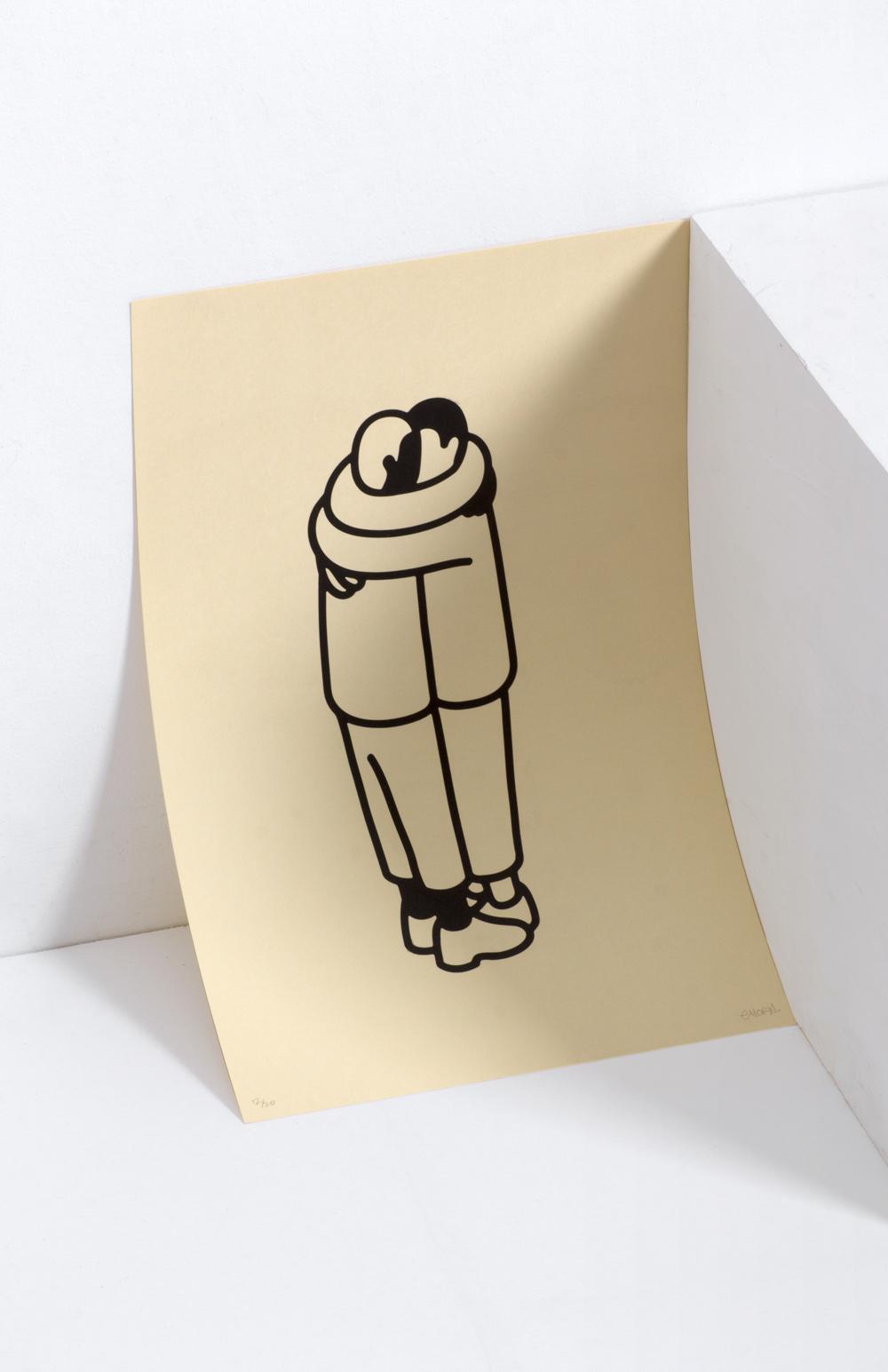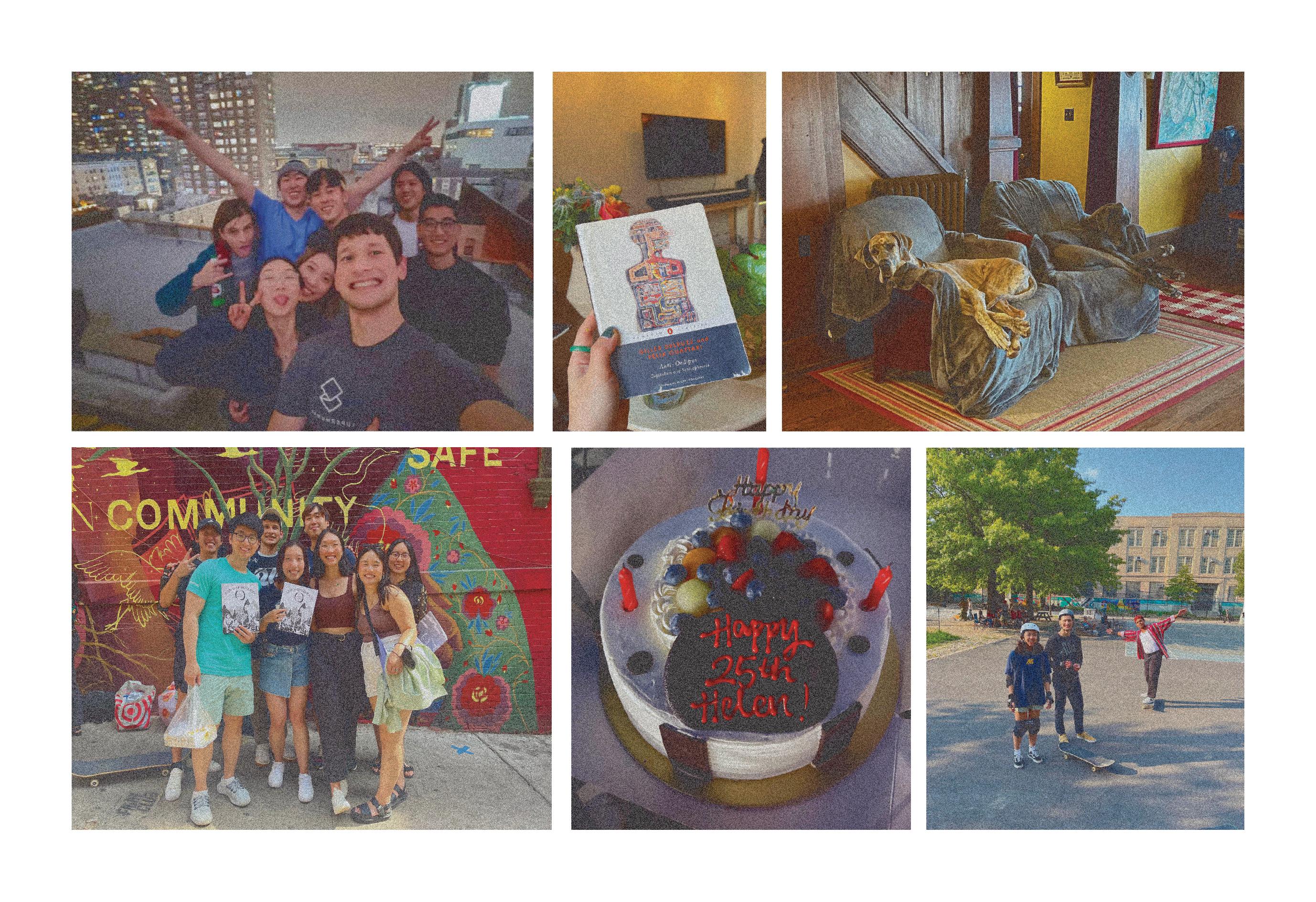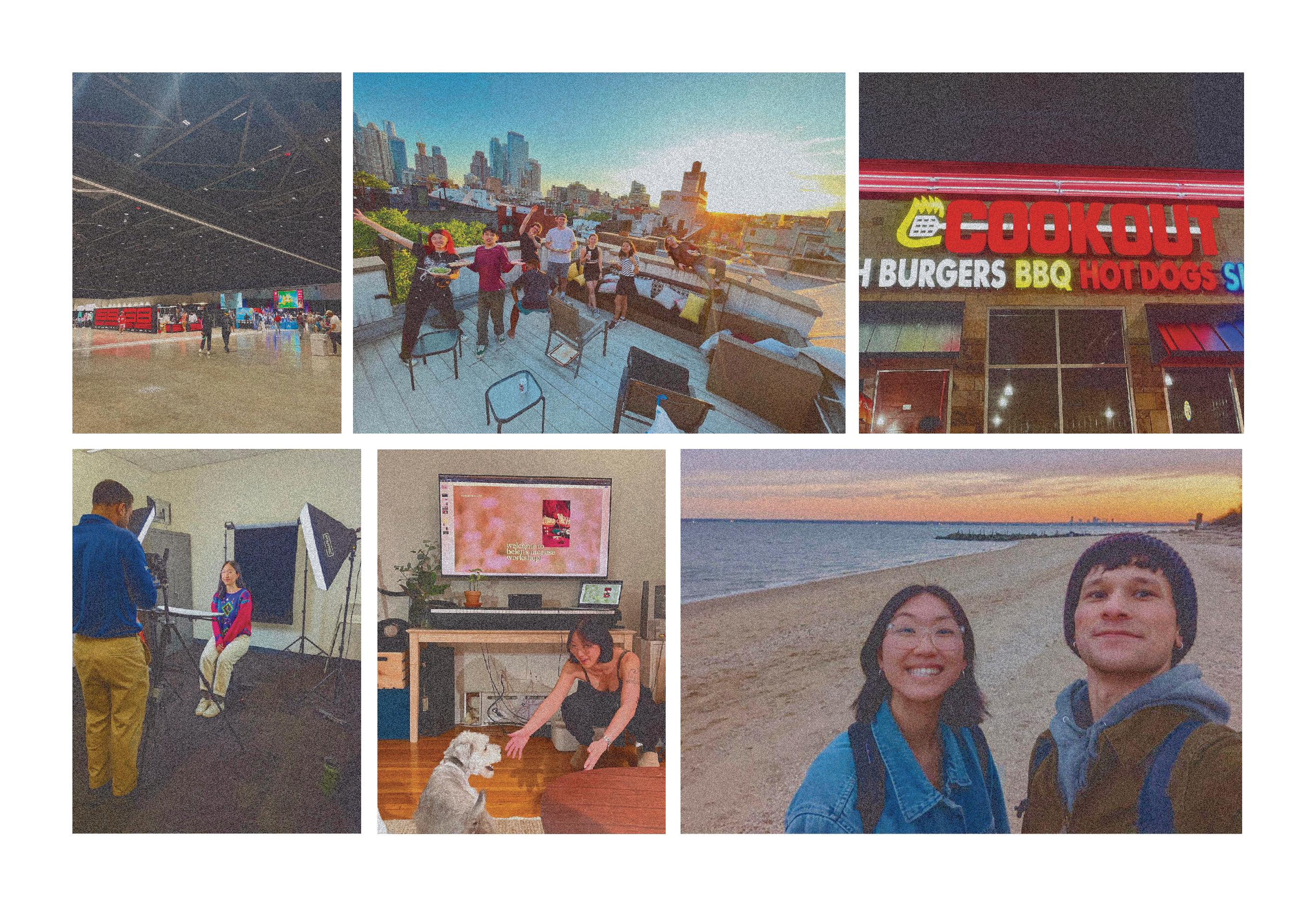i Am Not









this zine is for ME!!! & all my friends :-) it’s as simple as that. here’s to 2023, another year of playing, laughing, creating, learning, and loving.











this zine is for ME!!! & all my friends :-) it’s as simple as that. here’s to 2023, another year of playing, laughing, creating, learning, and loving.



On December 5, 1927, Romain Rolland wrote to Freud, writing that he should consider spiritual experiences, or ‘the oceanic feeling,’ in his psychological works:
Mais j'aurais aimé à vous voir faire l'analyse du sentiment religieux spontané ou, plus exactement, de la sensation religieuse qui est...le fait simple et direct de la sensation de l'éternel (qui peut très bien n'être pas éternel, mais simplement sans bornes perceptibles, et comme océanique).

In strict translation:
“But I would have liked to see you doing an analysis of spontaneous religious sentiment or, more exactly, of religious feeling which is ... the simple and direct fact of the feeling of the eternal (which can very well not be eternal, but simply without perceptible limits, and like oceanic).”
Freud argues that the “oceanic feeling,” if it exists, is preserved “primitive ego-feeling” from infancy. The primitive ego-feeling precedes the creation of the ego and exists up until the mother ceases breastfeeding. Prior to this, the infant is regularly breastfed in response to its crying and has no concept that the breast does not belong to it.
Therefore, the infant has no concept of a “self,” or, rather, considers the breast to be part of itself. Freud argues that those experiencing an oceanic feeling as an adult are actually experiencing a preserved primitive ego-feeling. The ego, in contrast, comes into existence when the breast is taken away, and involves the infant’s recognition that it is separate from the mother’s breast, and therefore, that other people exist.

I rst went to therapy in 2016. It was through Duke CAPS & lasted four sessions before they decided I was better. They needed to make availabilities for the people that received disappointing sorority rush decisions. One time I yelled at my therapist because I wanted him to give me concrete advice & he said they’re not allowed to due to potential liability issues. I did not get to pet any university-sponsored mental health puppies.
My second therapist was o -campus. She was kind and patient. She told me I was like swiss cheese. Not nearly as poetic as my oceanic bond, but the same idea: I had no sense of self. Holes all over my personality. I remember once seeing her at the Chinese grocery store picking out ginger. It felt like when I was in 1st grade and learned that teachers don’t live at school. I learned about the word depersonalization that year.
My third therapist was introduced to me by a then-coworker. I later on introduced her to another then-coworker. I liked that we all could skip part of the workday to go to therapy and talk about how much we hated work.
My fourth therapist was sweet but would never laugh. It lasted three sessions before I broke up with her.
My fth and current therapist is wonderful. She has a very robust vocabulary, and sometimes I write down words she uses out of sheer admiration. Last week, she mentioned Das Kapital. It’s been half a year, and I’m much closer to a smoked gouda now. Just a few xiao holes & a hearty rind. She would know that’s a metaphor for having con dence, and having boundaries.

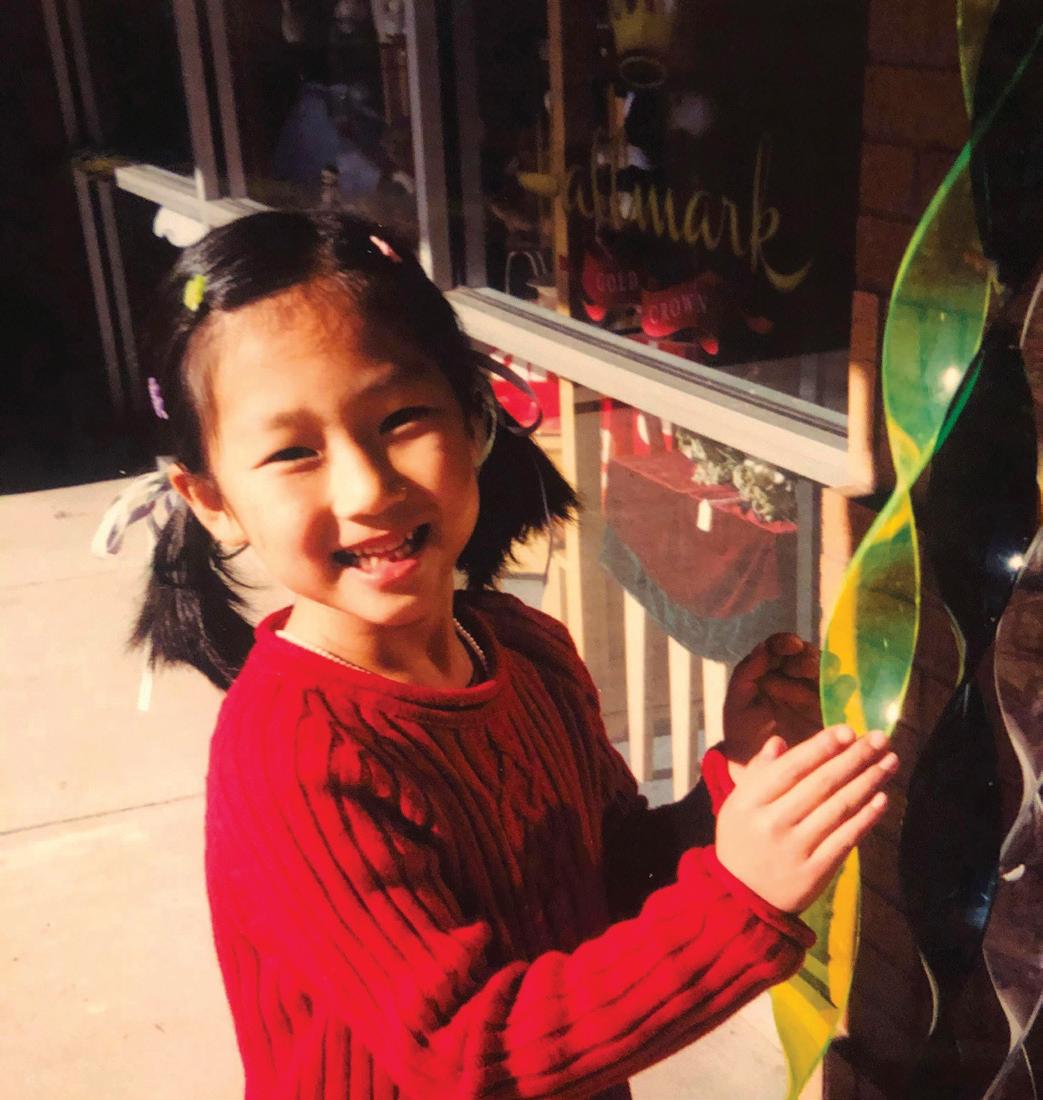


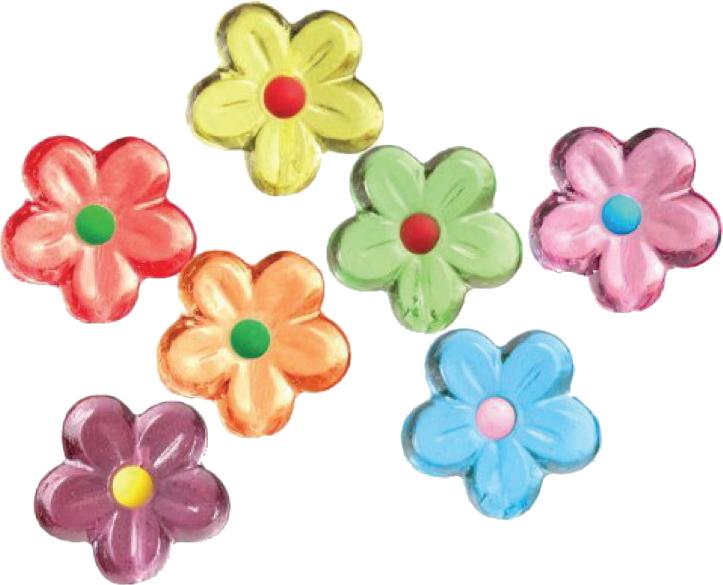

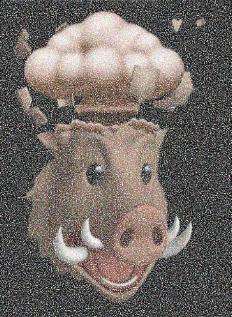
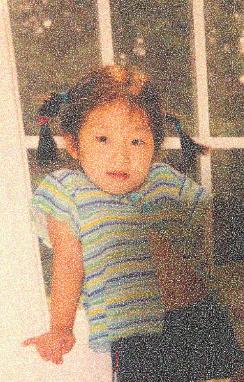









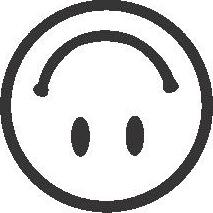




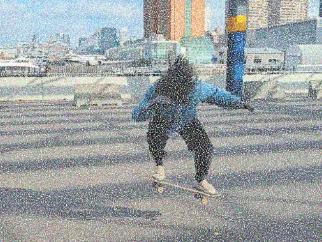


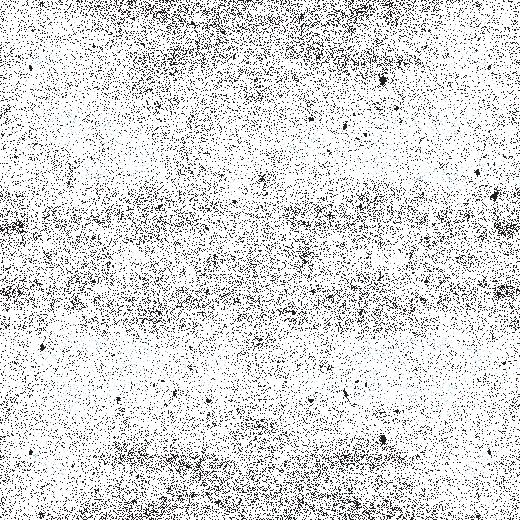
wading through watercolor wind sweet watermelon, sweating, sweating, sweating sour plums before dreams swallow each other me, you, sleeping when we are awake summertime and soirees the ultimate slow body dance spell

You grow up being told you have a big heart. Secretly, you are scared that someone out there can read your mind. They would hear all the angry thoughts you have & expose you as a fraud. You convince yourself that if you just continue to do more nice things for other people, it will o set your guilt and your shame.
Your mom tells you that you cry a lot, but you’ve generally got a good temperament and that you have a wonderful smile. You say thank you & don’t tell her that sometimes, you feel like you’re about to detonate. You discover early on that you are always observing others. You learn the word hypervigilance. To you, it feels like the name of a curse in a really bad superhero movie. To you, it feels like a curse in real life. You are tired.
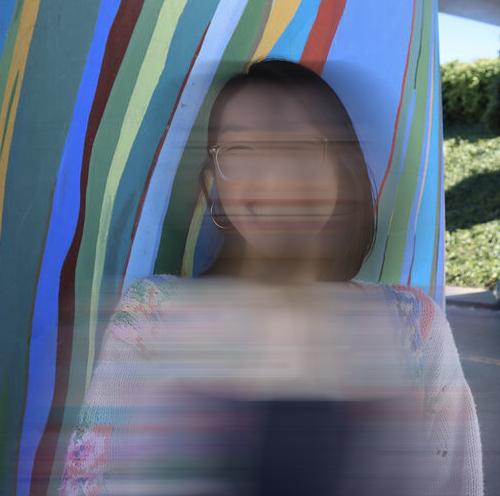
You start to do things for others because you know just how loved that would make you feel. You don’t know how to say the words , “I WANT.” You talk to yourself in your head & change your mind. You start to wish someone actually could read your mind so you don’t have to admit anything aloud.
Everyone tells you that you’re kind-hearted. You don’t fully believe them. They can’t hear all the mean things you say about yourself. One day, it clicks. You look in the mirror. “I am a people-pleaser,” you say. “But why am I not included in the people I want to constantly please?” you ask.



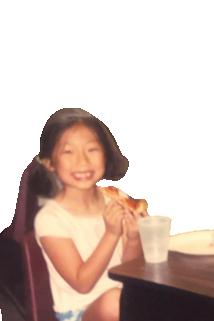
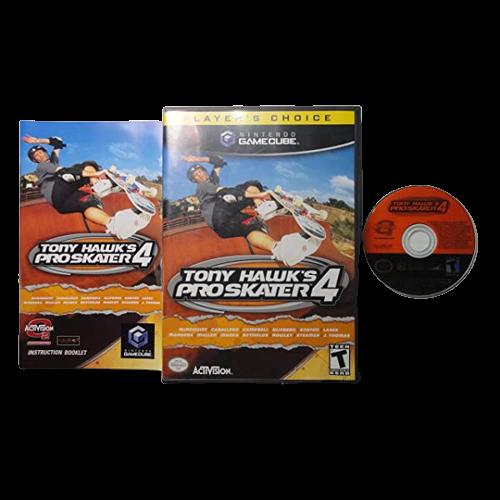
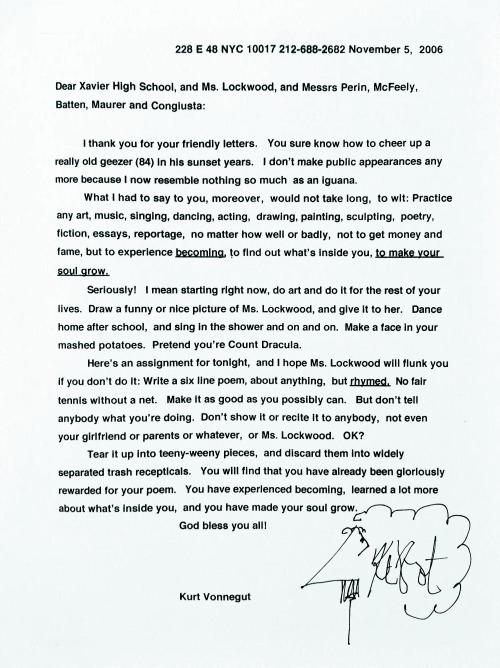
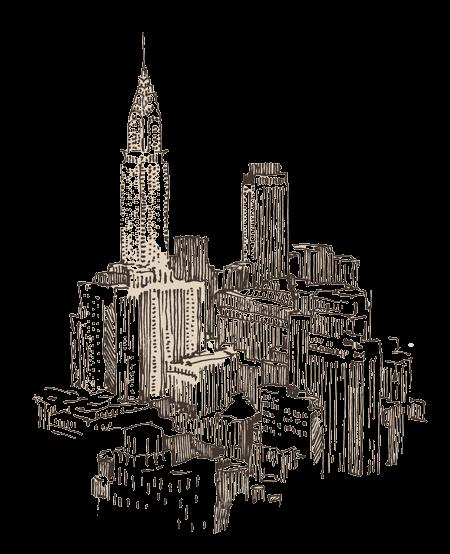
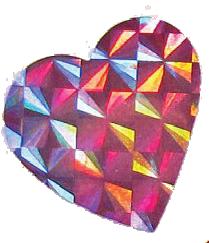




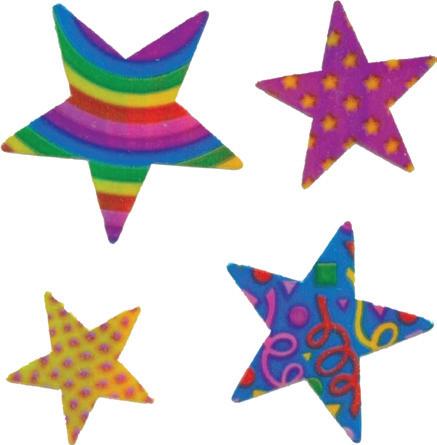

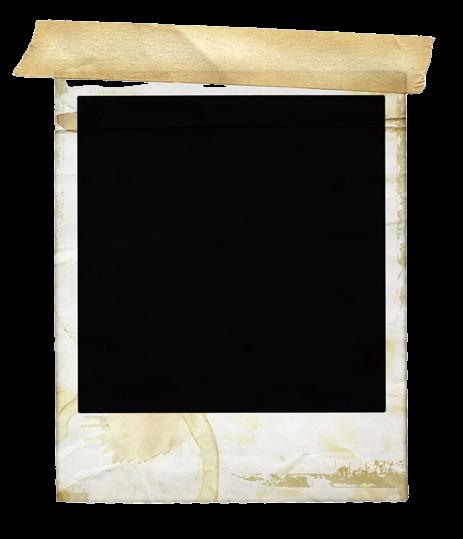
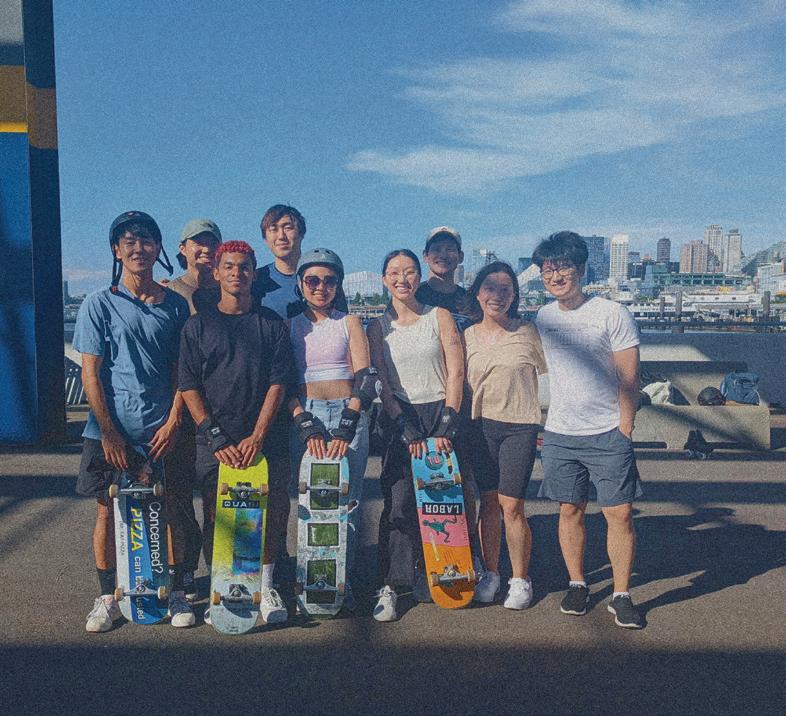




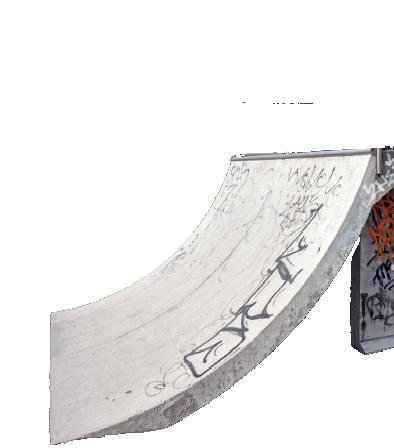
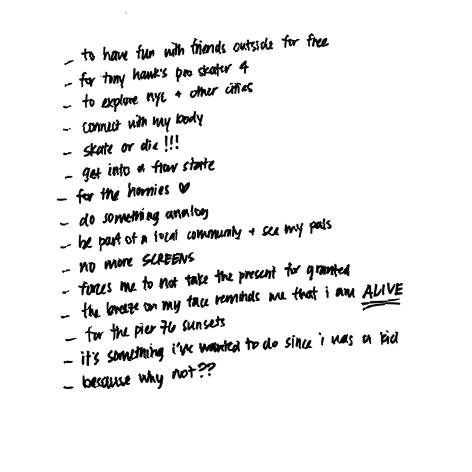


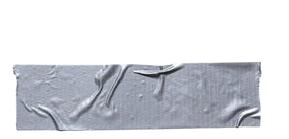



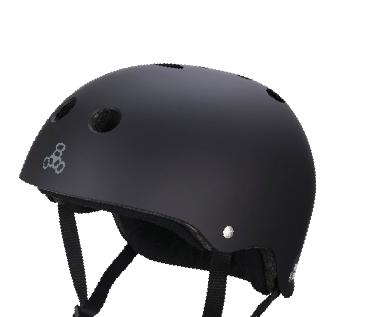

(PROBABLY.
I’M JUST GUESSING. I HAVE NO REAL DATA)
My absolute favorite place to skate, blast music, watch sunsets, and run away from the boat police.

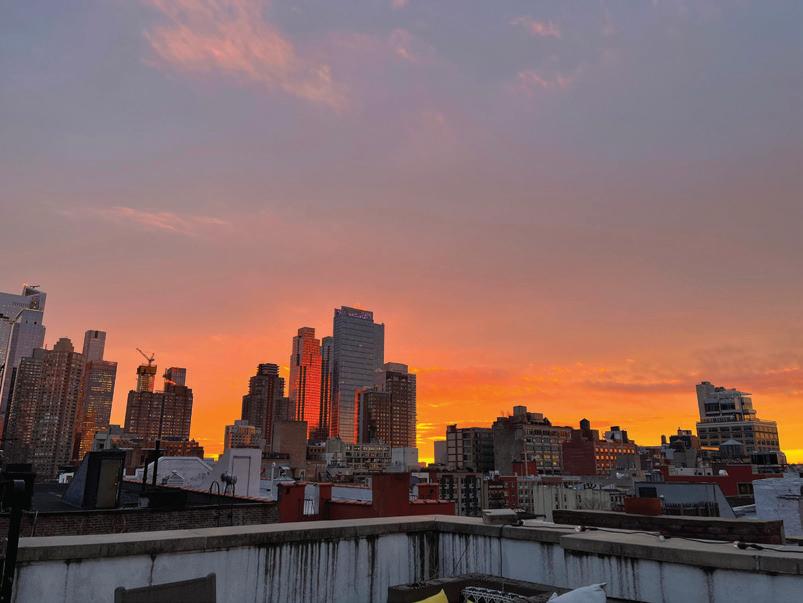
The birthplace of my skating and my (blossoming) volleyball career. One time someone was biking and yelled at me to do a kick ip. I did an ollie & they cheered anyways. Let’s fucking go.

3 years of parties & too cold hot pot dinners & jiu-jitsu & late night memories & laughter. Truly the end of an era!
Grandma grocery cart for the supermarket,Wing on Wo & Co for events and gifts, sh tofu from the late night stands for adrenaline hunger, and congee for breakfast. I discovered the best spicy zha cai this year.

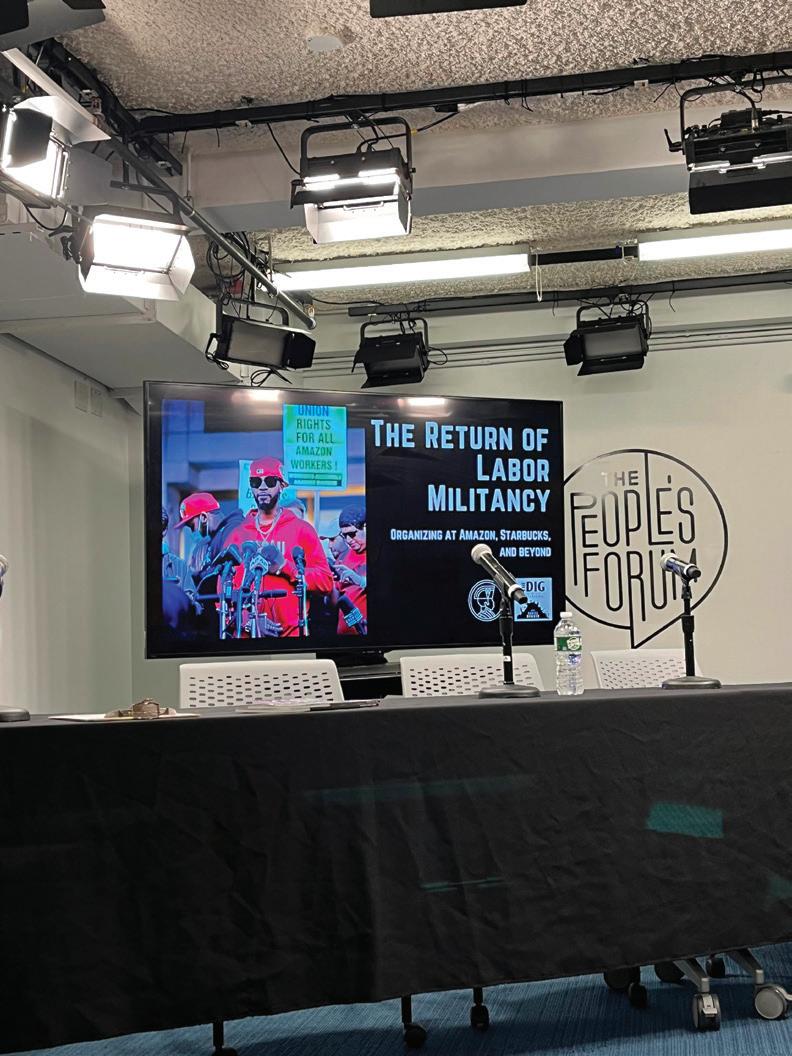
There are always more books to be read & histories to be learned & Karl Marx heart-eyes buttons to be made & tote bags to be screenprinted & labor movements to contribute to. Also, they sell spicy ramen in their cafe.
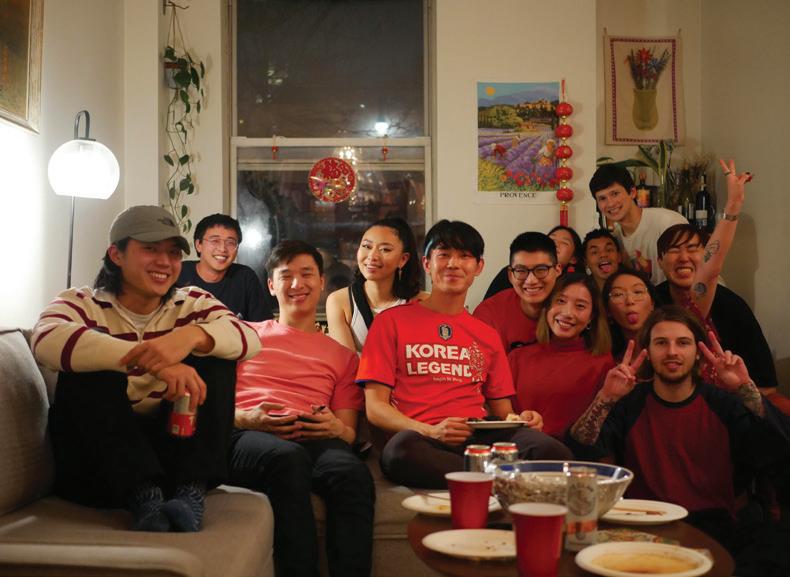
Won my rst set. Got hit on. Peed in the golden toilets. Was immediately suspected to be a spectator instead of a competitor. The NYC local Super Smash Bros. Melee tournament contains multitudes, just like me.
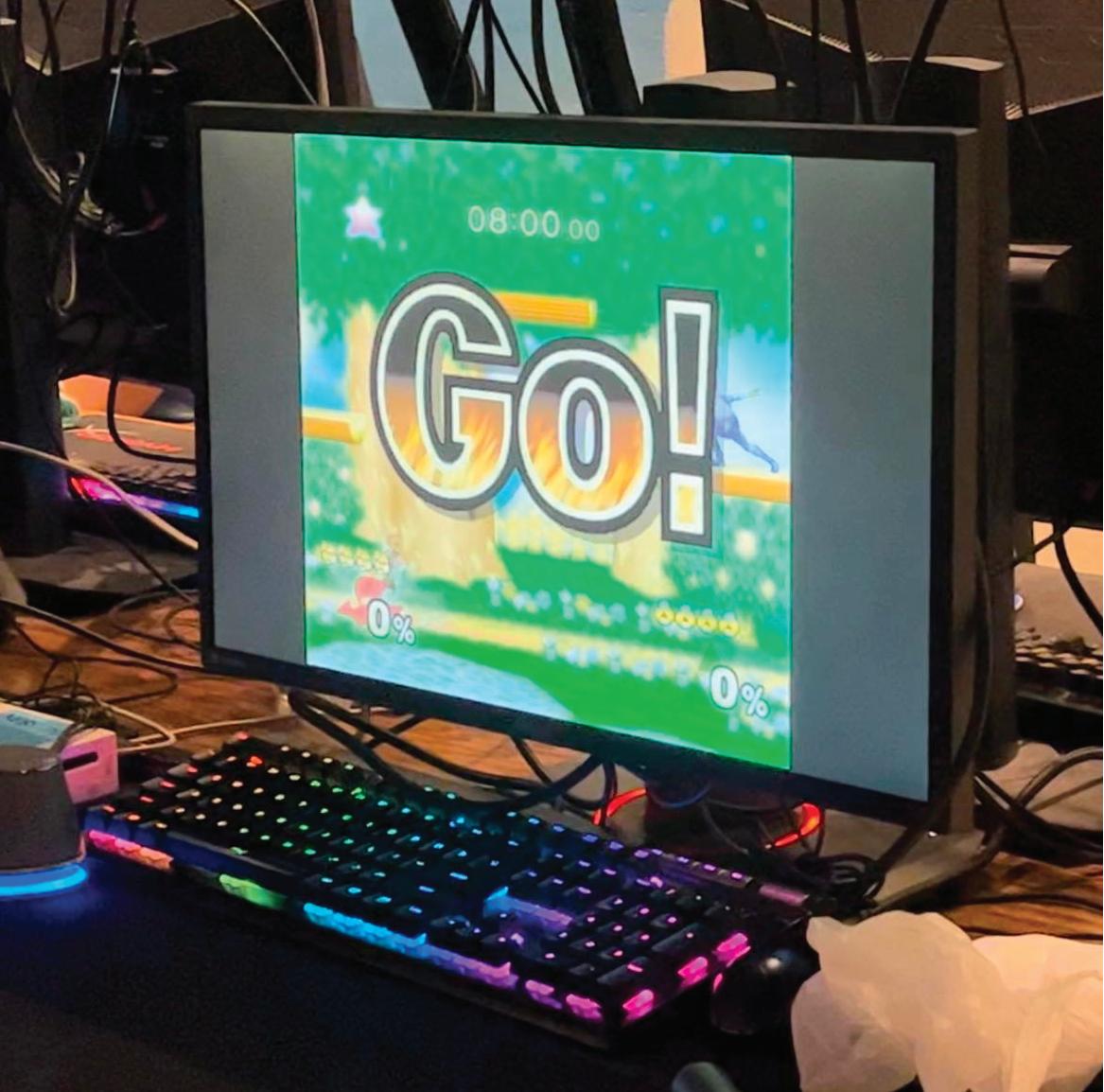
Home!!! Homies!!!!! Holy shit, I’m grateful.
My local grocery store, where I buy mostly fresh produce, fancy cheese, and a constant supply of tiramisu. Before I move, I’ll ask them where they got the cow tip jar.
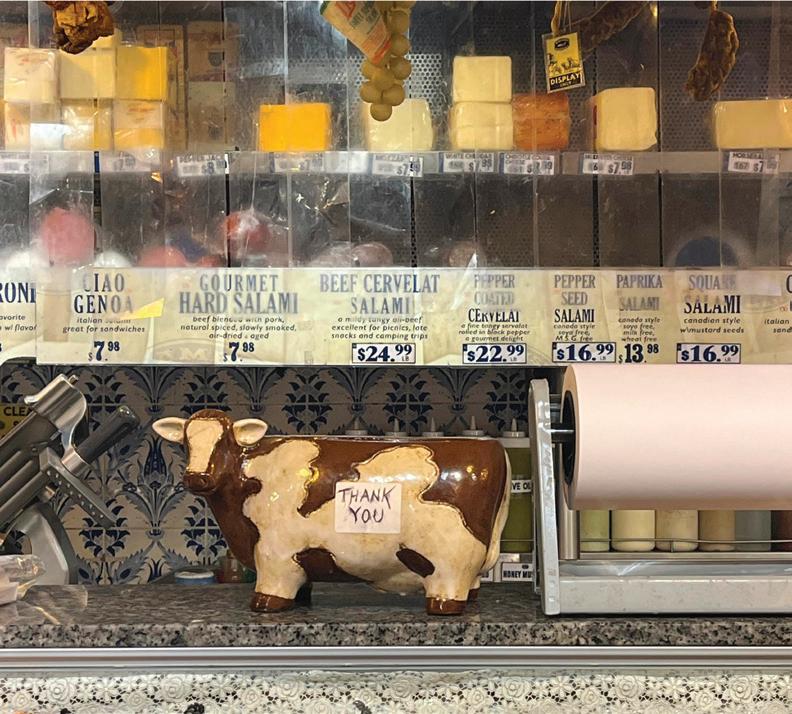
“Hi, honey, I say. How was your day? $$$$, $$$$$$$$$, he says.
Well, did it go up or down?
Does that mean you’re working this weekend? $.”
“What if I dissected my feelings, pulled them apart and brutalized them so he would know they were true? Is this enough? I’d ask. How about this?”
“‘That doesn’t sound too good.’ After a pause, he says, ‘What about Peking duck?’
‘I don’t have duck. But how about kung-fu chicken?’ I am just making up names.”
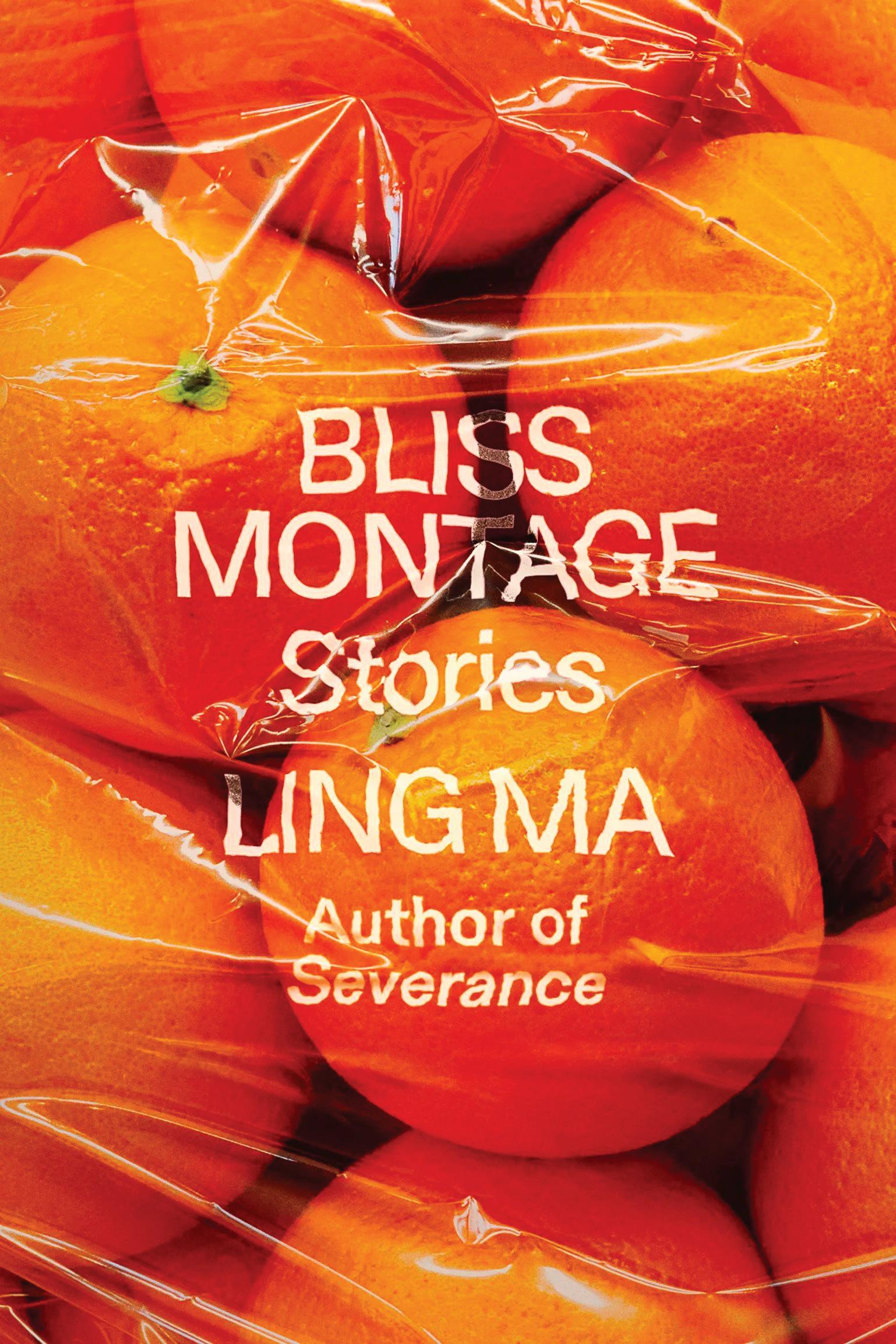
“In the New World, things seemed in a constant ascent. My parents weren’t drawn to the United States by any speci c dream, just a chance for something di erent. Even then, they understood that American life is unbounded promise and hypocrisy, faith and greed, neew spectrums of joy and self-doubt, freedom enabled by enslavement. All of these things at once.”
“‘Can you believe she said that?’ Ken said to me ... He took a drag from his cigarette. ‘My life has always been a dream,’ he repeated. ‘A dream.’ He was mysti ed that she thought he could relate to this feeling. ‘My life has never been a dream.’
Friendship is about the willingness to know, rather than be known ... I delighted in being the playful cynic, comfortable in a constant state of not belonging. He was the least cynical person I knew, to the point where I assumed his life had, indeed, been a dream.
I thought about making a joke about the hazards of falling in love with white people but decided to leave him there, where he was.”
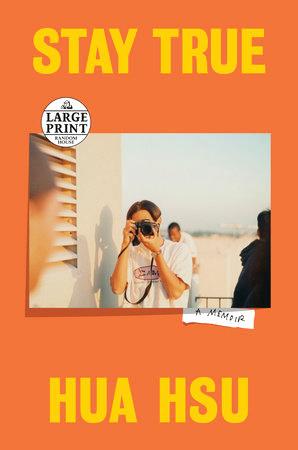
“All profound changes in consciousness, by their very nature, bring with them characteristic amnesias ... Out of this estrangement comes a conception of personhood, identity ... which, because it cannot be ‘remembered,’ must be narrated.”
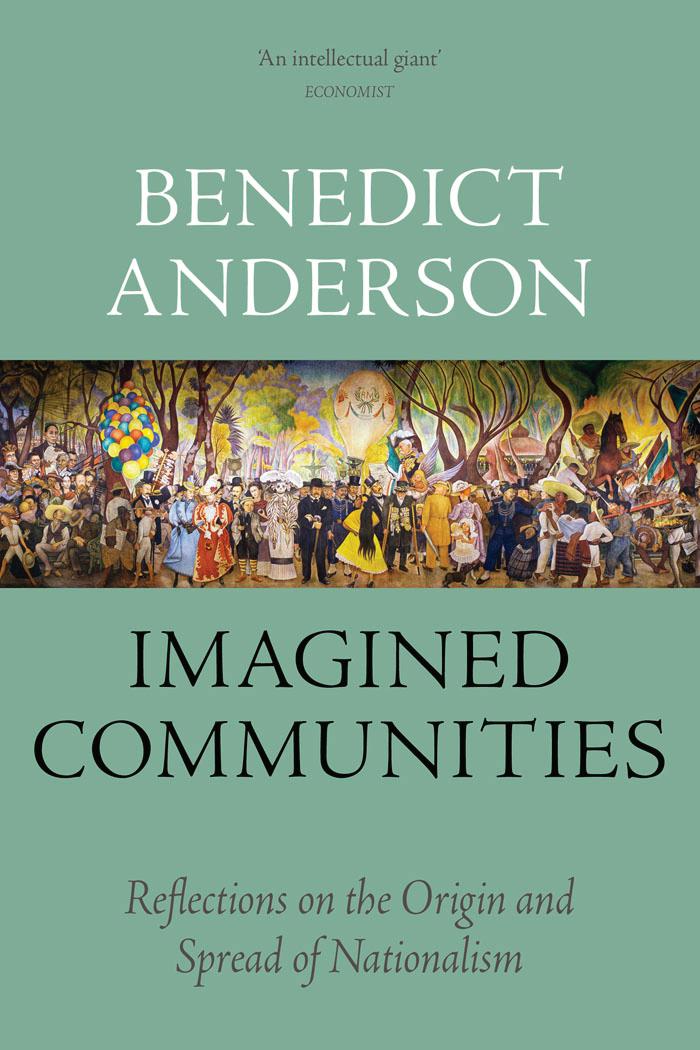
“It is di cult today to recreate in the imagination a condition of life in which the nation was felt to be something utterly new.”
“Nations, however, have no clearly identi able births, and their deaths, if they ever happen, are never natural.”
“But in Huxley’s vision, no Big Brother is required to deprive people of their autonomy, maturity, and history. As he saw it, people will come to love their oppression, to adore the technologies that undo their capacities to think.
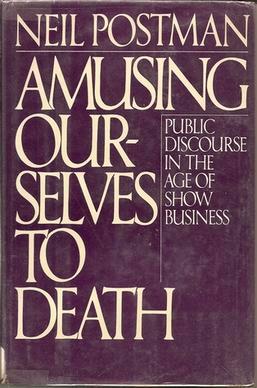
What Orwell feared were those who would ban books. What Huxley feared was that there would be no reason to ban a book, for there would be no one who wanted to read one.”
“Television is our culture’s principal mode of knowing about itself. Therefore, how television stages the world becomes the model for how the world is properly to be staged. It is not merely that on the television screen entertainment is the metaphor for all discourse. It is ithat o the screen the same metaphor prevails.”
“We do not refuse to remember; neither do we nd it exactly useless to remember. Rather, we are being rendered un t to remember.”
